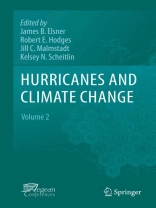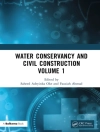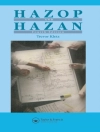Hurricanes are nature’s most destructive agents. Widespread interest surrounds the possibility that they might get even more destructive in the future. Policy makers consider it a call for action. Answers about when and by how much hurricanes will change are sought by financial institutions especially industry. And scientists are challenged by the range and interactions of the processes involved. This book, arising from the 2nd International Summit on Hurricanes and Climate Change, contains new research on topics related to hurricanes and climate change since the 1st Summit. Chapters are grouped into research studies using global climate models and those taking empirical and statistical approaches. The latter include investigations of basin-wide and regional hurricane activity.
قائمة المحتويات
The Tropical Cyclone Climate Model Intercomparison Project.- Change of Tropical Cyclone and Seasonal Climate State in a Global Warming Experiment with a Global Cloud-System-Resolving Model.- Role of the SST Anomaly Structures in Response of Cyclogenesis to Global Warming.- Tropical Cyclone Rainfall in the Observations, Reanalysis and ARPEGE Simulations in the North Atlantic Basin.- Tropical Cyclones as a Critical Phenomenon.- Environmental Signals in Property Damage Losses from Hurricanes.- A Statistical Analysis of the Frequency of United States and Eastern North Pacific Hurricanes Related to Solar Activity.- Regional Typhoon Activity as Revealed by Track Patterns and Climate Change.- Climatic Features and Their Relationship with Tropical Cyclones Over the Intra-Americas Seas.- On the Increasing Intensity of the Strongest Atlantic Hurricanes.- Frequency and Intensity of Hurricanes Within Florida’s Threat Zone.- Linking Tropical Cyclone Number Over the Western North Pacific with Sea Surface Temperatures.- A Track-Relative Climatology of Eglin Air Force Base Hurricanes in a Variable Climate.- Estimating the Impact of Climate Variability on Cumulative Hurricane Destructive Potential Through Data Mining.












